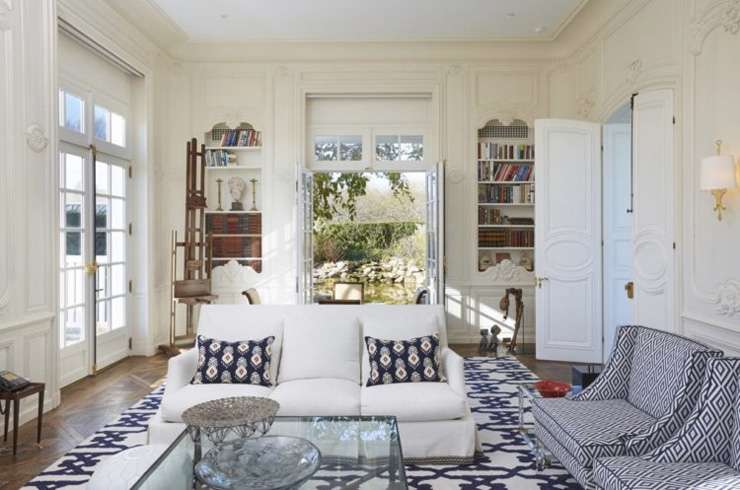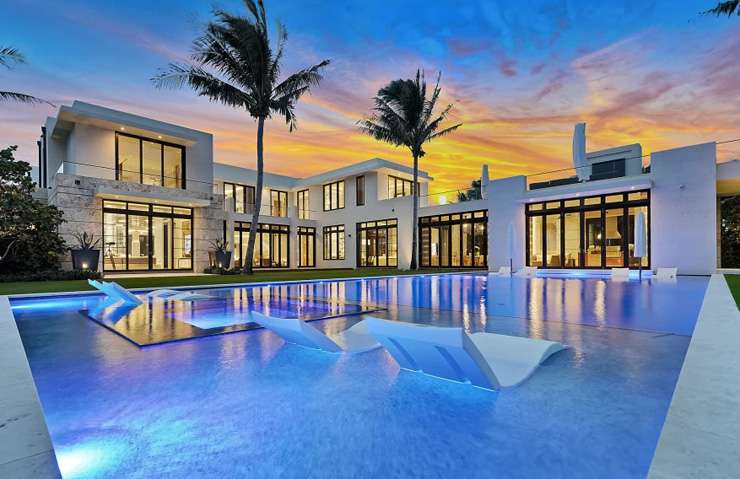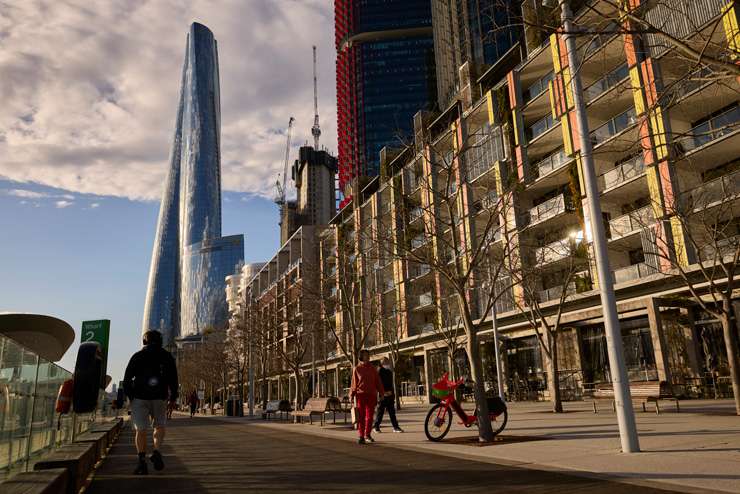New Zealand is no different to other parts of the globe, which have also seen an injection of wealth at the top end of their residential property markets.
According to the Knight Frank Wealth Report, as of last year New Zealand had an estimated 390,258 High Net Worth Individuals - those worth US$1m (NZ$1.5m) or more - and more than 3000 Ultra High Net Worth Individuals – those worth US$30m (NZ$46.7m) or more.
Across the ditch, there are more than 2.5 million High Net Worth Individuals and close to 21,000 Ultra High Net Worth Individuals.
Globally, Ultra High Net Worth buyers like to purchase in the United States, the United Kingdom, Australia, Spain and France, while New Zealand's Ultra High Net Worth buyers like to buy in New Zealand, Australia, the United Kingdom, Italy and France.
Start your property search
Chris Farhi, head of insights for Knight Frank's New Zealand partner, Bayleys, says last year's global economic rebound "supercharged" wealth creation.
"Worldwide, the number of Ultra High Net Worth individuals rose 9.3% over the year, creating an additional 52,000 very wealthy people compared with just 12 months earlier."
Like other parts of the globe, New Zealand's wealthiest homeowners follow a certain pattern as to where they want to live.
They favour Auckland the most in New Zealand, and over in Australia they like Sydney the most, but they might also have homes in other locations at home or abroad, or both.
Russian money
In the United Kingdom, the very rich like to buy in London, a market influenced by Russian oligarchs, who poured money into several prime European markets in the early 2000s.
The global sanctions imposed on Russia as a result of its invasion of Ukraine will make it harder, if not impossible, for Russia’s billionaires to purchase real estate in the West (some are now seeking luxury properties in Dubai). However, Knight Frank's global head of research, Liam Bailey, says the prime real estate market is unlikely to feel their absence.
The plunge in the Ruble’s value in 2014, following Russia’s annexation of Crimea, reduced oligarchs’ buying power and led to a drop in Russian activity in most prime markets.
"If Russian demand falls lower due to the current crisis, [it] is unlikely to have a substantial impact on market performance," Bailey says.
But the Ukraine crisis has enhanced a greater focus on transparency of asset ownership, Bailey says.
"The UK Government, for example, has long promised the introduction of legislation which would introduce a register of the ultimate owners of overseas companies that control land and property, a development which would be welcomed by the real estate industry. Expect similar moves in other countries."

This home in Hamptons, in the United States, sold for US$101m. Photo / Supplied

Donald Trump's former home in Palm Beach, in Florida, sold last year for US$122.7m. Photo / Supplied
New Zealand and, to an extent, Australia are not impacted much by oligarch money given the foreign-buyer ban. And while New Zealand's prestige market has a lot in common with prestige markets overseas, the similarities end when it comes to price.
Last year's top sale in New Zealand was NZ$29 million for a property on Remuera Road in Auckland, and the overall record for the top price paid for a residential home is NZ$38.5m, for a property in neighbouring Orakei bought in 2013.
Both are a mere snip compared to overseas prices. Last year, fashion tycoon Serge Azria sold his Malibu beachside home for US$177m (NZ$280m) while Donald Trump’s former Palm Beach estate sold for US$122.7m.
Other big sales include the US$101m paid for a home in the Hamptons, in the US, that was once owned by the Ford family and the US$82.2m paid for a deluxe apartment in Hong Kong's Peak neighbourhood. In London, a property in Knightsbridge overlooking Hyde Park sold for US$147m.
Record prices
Vying to break the record for world's most expensive property is Villa Aurora, a 16th century Roman palace that had been valued at €471m (NZ$777m) and goes to auction at the end of June. Included in the sale is a fresco by Caravaggio but the priceless work of art may not be enough to hook a buyer. The property has already passed in twice this year, and the price tag has been reduced to €301m – bargain buy for any Kiwi with a spare NZ$500m to spend.
Farhi says home ownership in a lot of countries is less restricted than it is in New Zealand, and that London and New York, for example, are well connected to a lot of other cities whereas New Zealand is harder to get to.
"Notwithstanding that, you've still got a lot of very wealthy New Zealanders or New Zealand residents who are obviously happy to invest some pretty serious funds into their primary house," he says.

One Barangaroo tower, in Sydney, Australia, where James Packer snapped up an apartment for A$72m. Photo / Getty Images
Nerida Conisbee, chief economist for Ray White Group in Australia and New Zealand, says Australia’s luxury market was very strong last year. "Many people became far more wealthy, and as a result had more money to spend on residential property, so luxury property did incredibly well.”
Many of those who have done well are in the tech industry, she says, and have been making big purchases. “In previous cycles we tended to see people who were involved in the property industry being major purchasers of luxury property,” she says.
The top sales included A$72m for a two-storey apartment at One Barangaroo tower in Sydney. The property was bought off-the-plan by James Packer four years ago but only settled at the end of last year. Other Australian properties fetching high prices were a historic mansion in Sydney's Woollahra, which sold for A$45m, and a beach pad in the city's Palm Beach, which sold for A$20m. According to The Sydney Morning Herald, the country's top 20 property sales in 2021 hit A$700m.
Conisbee says a shortage of ultra-luxury properties and FOMO helped drive prices, but not every Australian city saw the same lift. Price points differ too. "Melbourne has luxury market but it's certainly nowhere near as expensive as what we see in Sydney,” she says.








































































